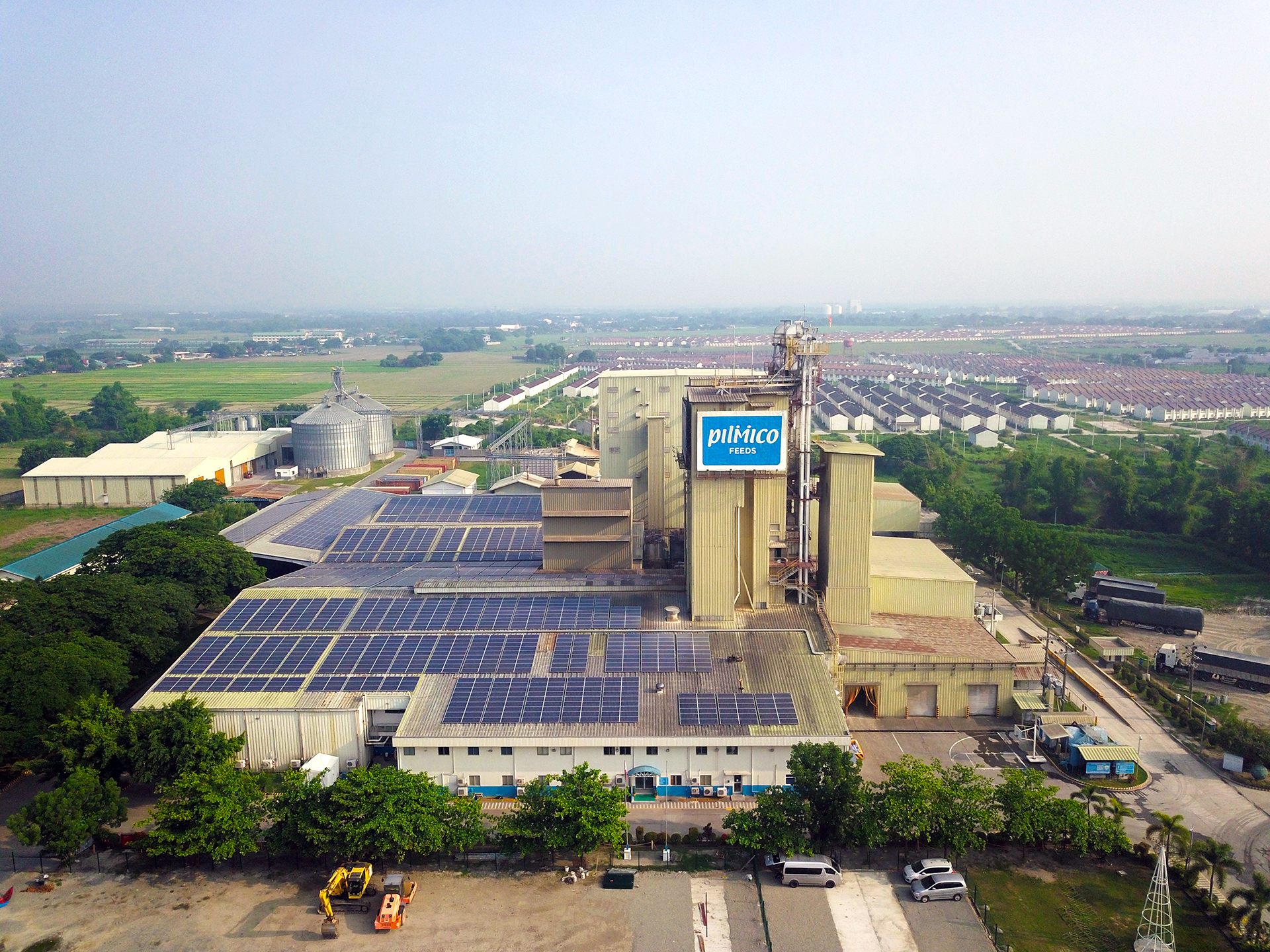Aboitiz Foods has announced that it exceeded the Philippines’ Extended Producer Responsibility (EPR) Law plastic recovery targets by more than 300% in 2024. The company recovered the equivalent of 326.42% of its rigid plastic footprint and 63.8% of flexible plastics, far surpassing the government’s 40% recovery target for that period.
This success is part of its broader commitment to responsible and sustainable practices under the #everymeal campaign, an ESG platform that unites efforts across the company’s Mill-to-Meal value chain. From reducing plastic waste and rethinking packaging to supporting animal welfare and community livelihoods, #everymeal demonstrates how the company delivers impact with every product it creates.
“Our purpose goes beyond business. At Aboitiz Foods, we are here to nourish the future of Asia,” said Tristan Aboitiz, President and CEO of Aboitiz Foods. “This ESG achievement reflects our commitment to doing things right and always striving to do better. #everymeal is our ongoing promise to produce food and feed responsibly. We’re proud that our efforts are not just ticking boxes, but creating real, lasting impact in the way we operate.”
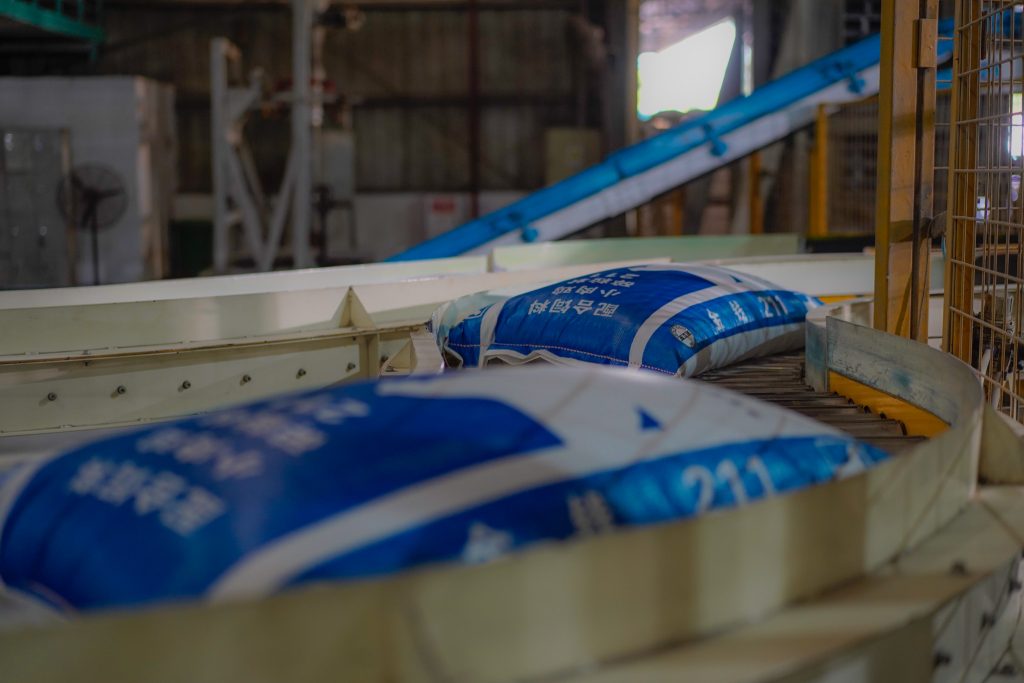
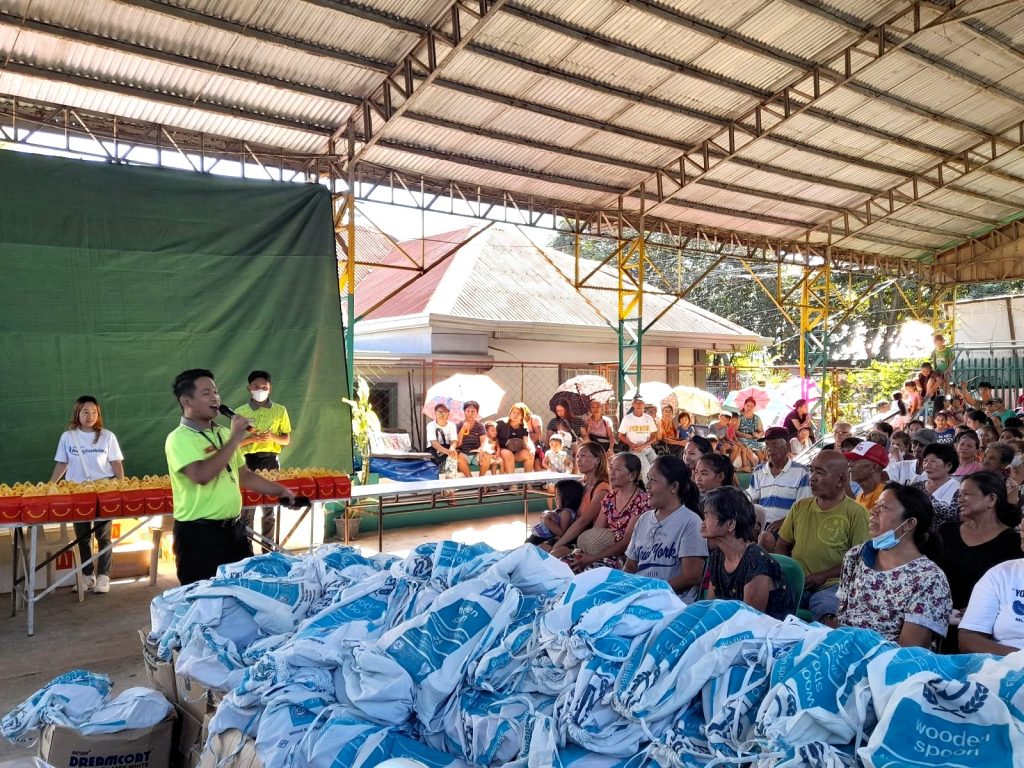
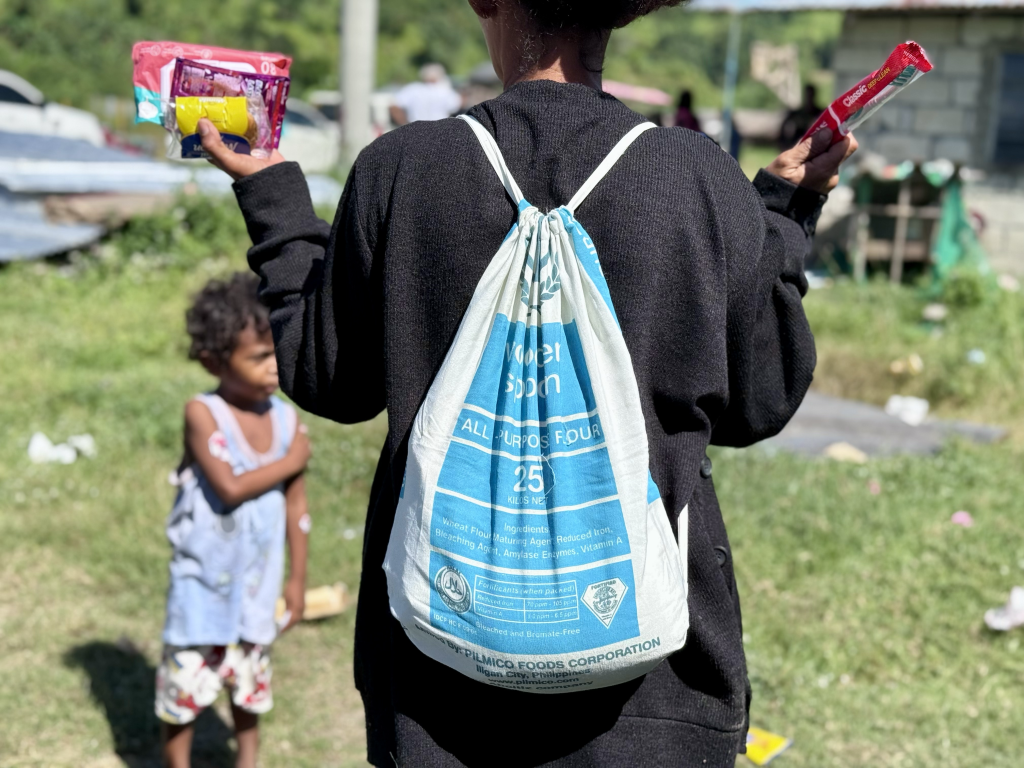
Rethinking packaging and driving results
Aboitiz Foods prioritized packaging reform as a key strategy. Packaging, which accounts for the largest share of plastic use across its operations, from animal feeds to flour, became the focus of redesign and process enhancements to improve sustainability and compliance across markets. In the Philippines, the company introduced lighter packaging using 20% less plastic, shifted to bulk formats in some product lines, and implemented bulk truck loading systems across several feed mills.
Take, for example, soybean meal, the second-largest raw material in Aboitiz Foods’ feed production. Previously transported entirely in bags, it is now loaded directly onto trucks using fixed pipes or recycled tote bags. This shift significantly reduces packaging waste, saves thousands of woven bags each year, and improves efficiency. Select sites even allow customers to load bulk trucks directly, cutting down plastic use across the supply chain.
Beyond packaging, Aboitiz Foods repurposes used packaging into unique items like bags, aprons, pouches, and shirts, giving materials a second life while engaging employees and customers in sustainability efforts.
At the same time, the company is making steady progress in renewable energy, reforestation, and waste reduction. In 2024, Aboitiz Foods planted over 7,600 trees, generated more than 16.2 million kilowatt-hours of solar energy, and produced over 10.3 million tons of biomass. It also reused, upcycled, or properly disposed of 1,100 metric tons of plastic, and achieved more than USD165,000 in savings through waste reuse initiatives.
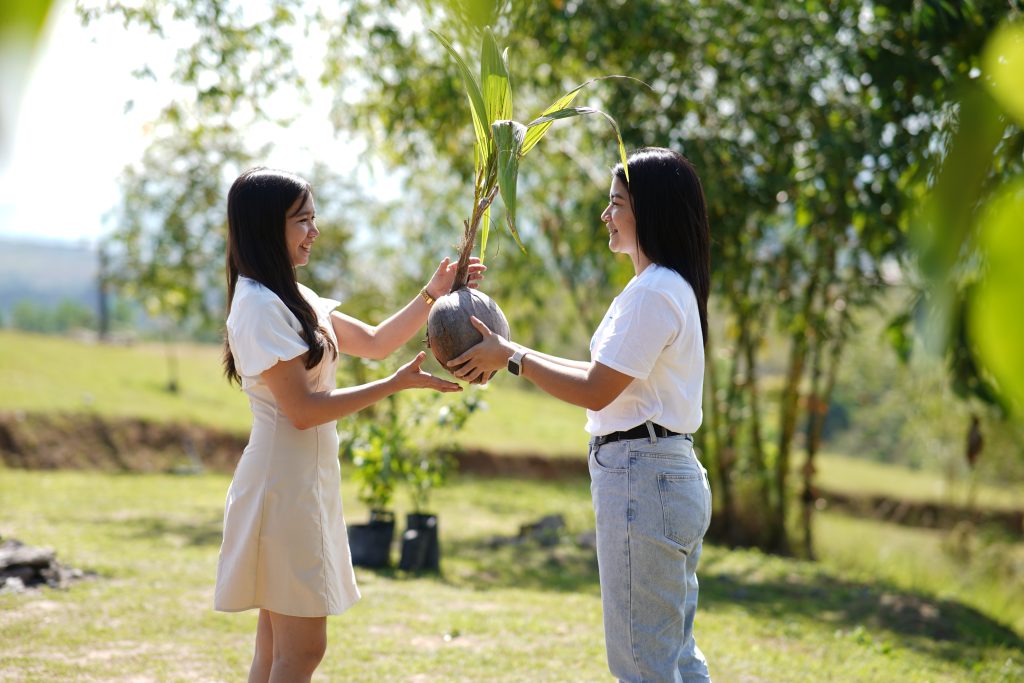
Scaling sustainability beyond borders
Although the ESG achievement was measured in the Philippines, Aboitiz Foods sees it as a starting point. With operations across Asia, including in Vietnam and China, the company is identifying ways to tailor and replicate its packaging and recovery strategies across different markets and regulatory environments.
At Gold Coin Feed Dongguan, the team launched a recycling program that transforms used packaging waste into valuable resources, diverting 211 metric tons from landfill in 2024 alone. This initiative also provides steady income for low-income community members, reinforcing Aboitiz Foods’ commitment to advancing the circular economy and social impact across its Asian operations.
“Our teams in other markets are identifying the most relevant sustainability opportunities for their local operations and communities,” said Annacel Natividad, Chief Risk Officer at Aboitiz Foods. “At the same time, we’re building stronger internal systems to monitor, track, and eventually scale these efforts. It’s a long road, but this achievement gives us a strong foundation.”
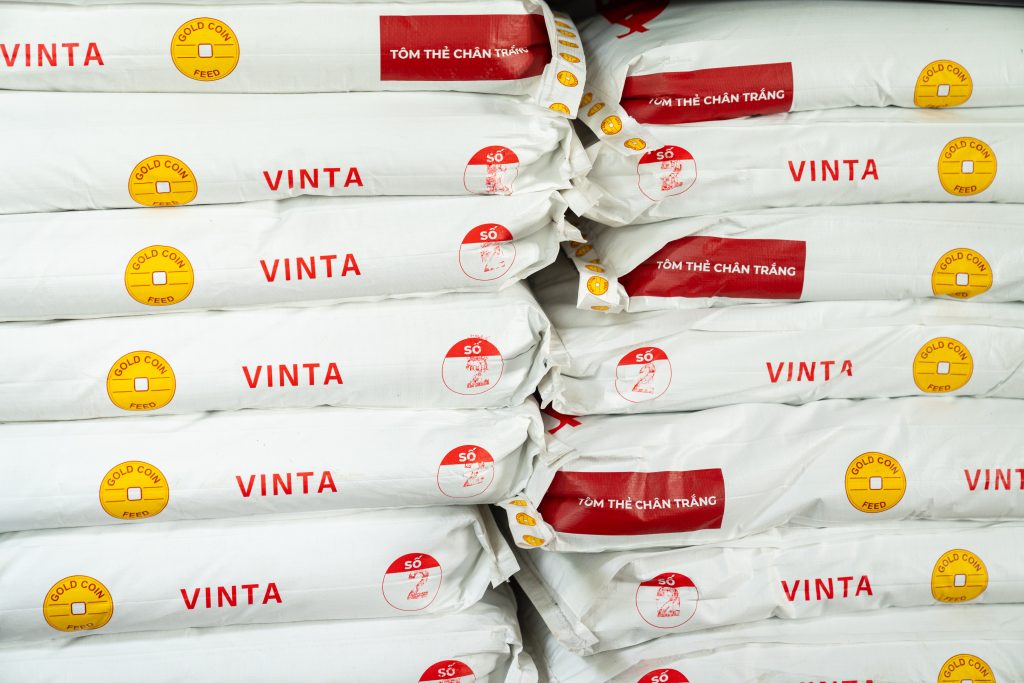
Plastic pollution remains a critical global issue, with the Philippines among the top contributors to ocean-bound plastic waste. By exceeding national EPR targets and embracing circular economy principles, Aboitiz Foods is helping set a new standard for responsible industry practices in the region.
With the EPR Law’s targets rising to 80% by 2028, Aboitiz Foods is doubling down on its commitment to lead through responsible action, innovation, and long-term thinking.
“More than compliance, this progress is about taking responsibility,” added Natividad. “We’re doing our part to manage what we produce and to ensure it does not end up harming the communities and ecosystems we are part of.”

